The House of Representatives Committee on Army has urged for the professional training and regulation of vigilante groups across Nigeria in response to the growing issue of jungle justice and lawlessness within communities.
Babajimi Benson, the Committee’s Chairman and representative for Ikorodu Federal Constituency, made this statement in an exclusive interview with The PUNCH on Wednesday in Abuja. His comments come in the wake of the tragic killing of 16 northern hunters by a vigilante group in Uromi, Edo State, which has ignited national outrage and calls for justice.
Benson emphasized that the incident underscores the pressing need for reform in Nigeria’s internal security system, which should include the establishment of state police. This, he argued, would improve local law enforcement and reduce the military’s involvement in civilian matters.
“The killing of 16 hunters in Edo is an extremely tragic event, highlighting the critical need to restructure our internal security architecture. The creation of state police is not just a political proposal; it’s a vital security need,” Benson stated.
He pointed out that numerous vigilante groups currently operate without formal training, oversight, or alignment with national security policies, which increases the potential for abuse and unlawful behavior.
“Vigilante groups need proper training and oversight. Alongside that, the creation of state police would enhance local security by ensuring officers are well-trained, accountable, and integrated into the broader national security structure. This would greatly reduce the chances of incidents like the one in Uromi,” Benson explained.
Benson also highlighted the fragmentation within Nigeria’s security sector, noting that the number of private security personnel licensed by the Nigeria Security and Civil Defence Corps surpasses the combined number of the Nigerian Armed Forces and the Police. However, these private security forces remain largely disconnected from any national security strategies.
“This fragmentation is a serious risk. In a country with over 200 million people, we cannot afford a disjointed security system,” he warned.
The lawmaker further emphasized that the military should concentrate on its constitutional role of defending the nation’s borders rather than becoming involved in domestic law enforcement, which would be more appropriately handled by local or state police units.
“State police, with their understanding of local intelligence and culture, would be better equipped to address community-level security challenges such as banditry, communal violence, and vigilante abuses,” Benson said.
Drawing on international examples, Benson referenced Haiti’s security challenges, where the lack of a coordinated security system allowed non-state actors like former police officer-turned-gang leader Jimmy “Barbecue” Chérizier to rise and challenge the state.
“We must learn from Haiti’s experience and take proactive steps to avoid such situations in Nigeria,” he cautioned.
Benson concluded by reiterating the House Committee on Army’s commitment to pursuing reforms that include a constitutionally-backed state police system, improved oversight, and a unified national security framework.
“These reforms, backed by strong oversight and legislative support, will restore public confidence, enhance community safety, and better protect lives and property throughout the country.”
Earlier, Edo State Governor, Monday Okpebholo, visited Kano, the home state of most of the victims, where he pledged justice and compensation for their families.
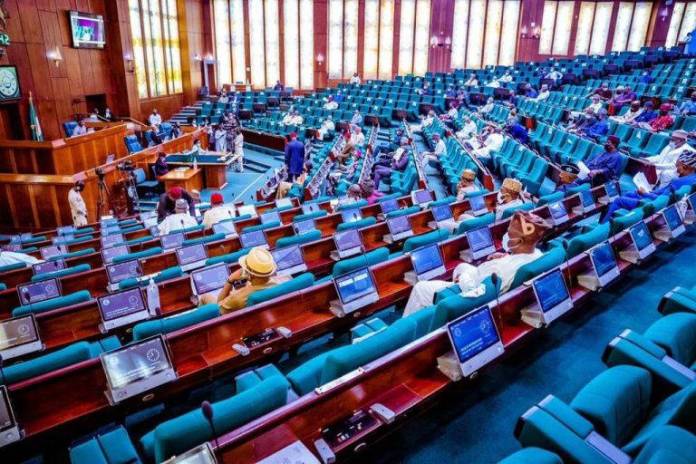

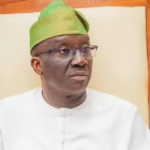




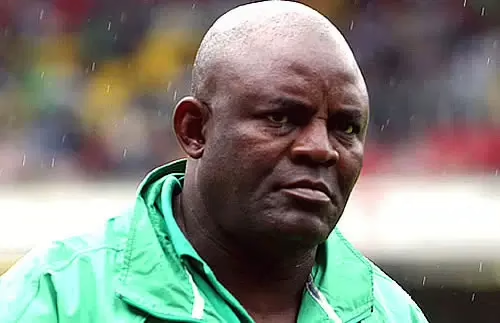
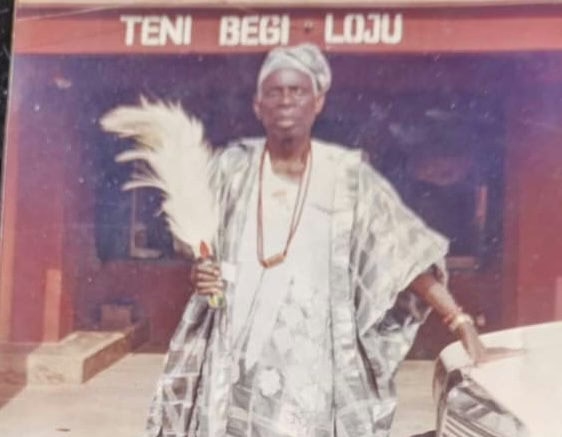

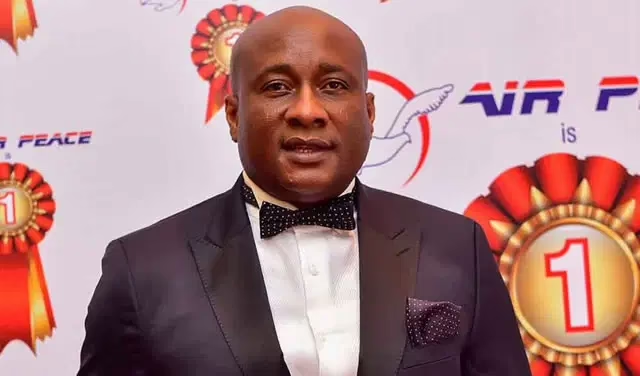
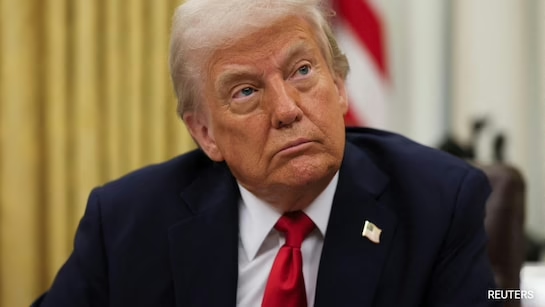
Leave a Reply